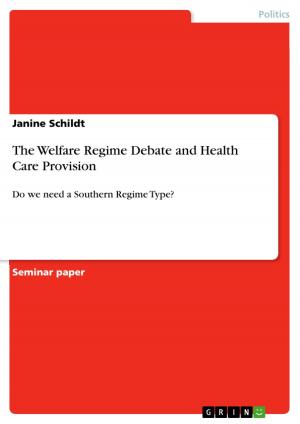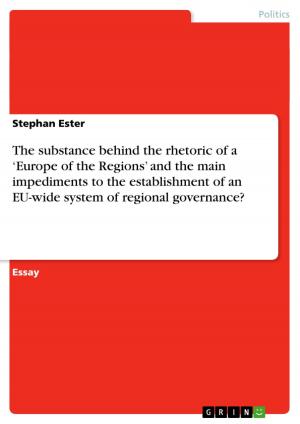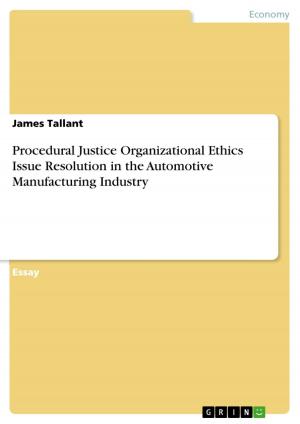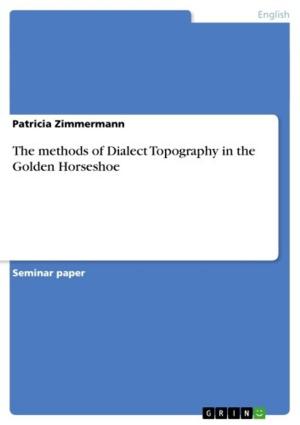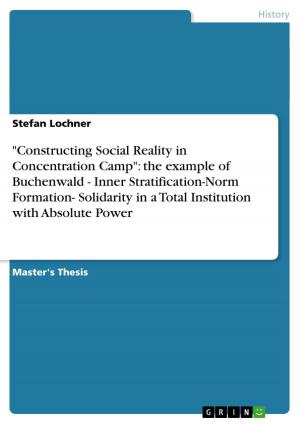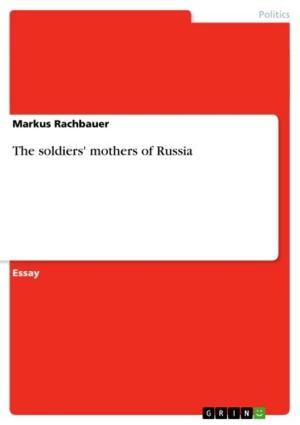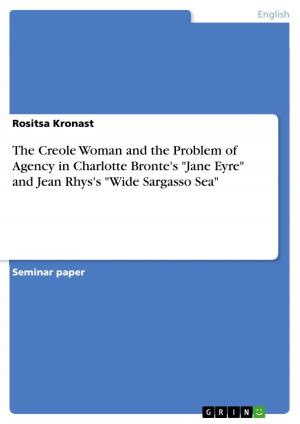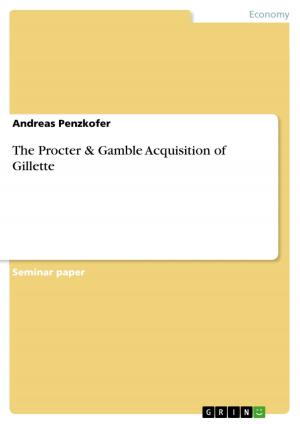Collapse of a Closed Society: The End of East Germany
Nonfiction, Social & Cultural Studies, Political Science, Politics, History & Theory| Author: | Hans-Werner Hess | ISBN: | 9783640650057 |
| Publisher: | GRIN Publishing | Publication: | June 24, 2010 |
| Imprint: | GRIN Publishing | Language: | English |
| Author: | Hans-Werner Hess |
| ISBN: | 9783640650057 |
| Publisher: | GRIN Publishing |
| Publication: | June 24, 2010 |
| Imprint: | GRIN Publishing |
| Language: | English |
Scientific Essay from the year 2010 in the subject Politics - Political Systems - History, Hong Kong Baptist Universitiy, language: English, abstract: The paper was addressed to an East-Asian audience conscious of national 'unification' demands in their own region, familiar with life in an authoritarian system, and aware of criticism of 'Western' political freedoms. Against this backdrop, it interprets the collapse of the German Democratic Republic in summer/fall 1989 within the framework of Karl Popper's and Ralf Dahrendorf's 'closed society' paradigm. It concludes that the East German system imploded because of pervasive popular disillusion in light of growing contradictions between official rhetoric and actual economic failure. It was not in the interest of the East German population to reform the existing structures but to pursue a quick path towards reunification with the West. Reunification demands were thus not primarily based on patriotic (or nationalist) discourse but on rational political choice.
Scientific Essay from the year 2010 in the subject Politics - Political Systems - History, Hong Kong Baptist Universitiy, language: English, abstract: The paper was addressed to an East-Asian audience conscious of national 'unification' demands in their own region, familiar with life in an authoritarian system, and aware of criticism of 'Western' political freedoms. Against this backdrop, it interprets the collapse of the German Democratic Republic in summer/fall 1989 within the framework of Karl Popper's and Ralf Dahrendorf's 'closed society' paradigm. It concludes that the East German system imploded because of pervasive popular disillusion in light of growing contradictions between official rhetoric and actual economic failure. It was not in the interest of the East German population to reform the existing structures but to pursue a quick path towards reunification with the West. Reunification demands were thus not primarily based on patriotic (or nationalist) discourse but on rational political choice.

